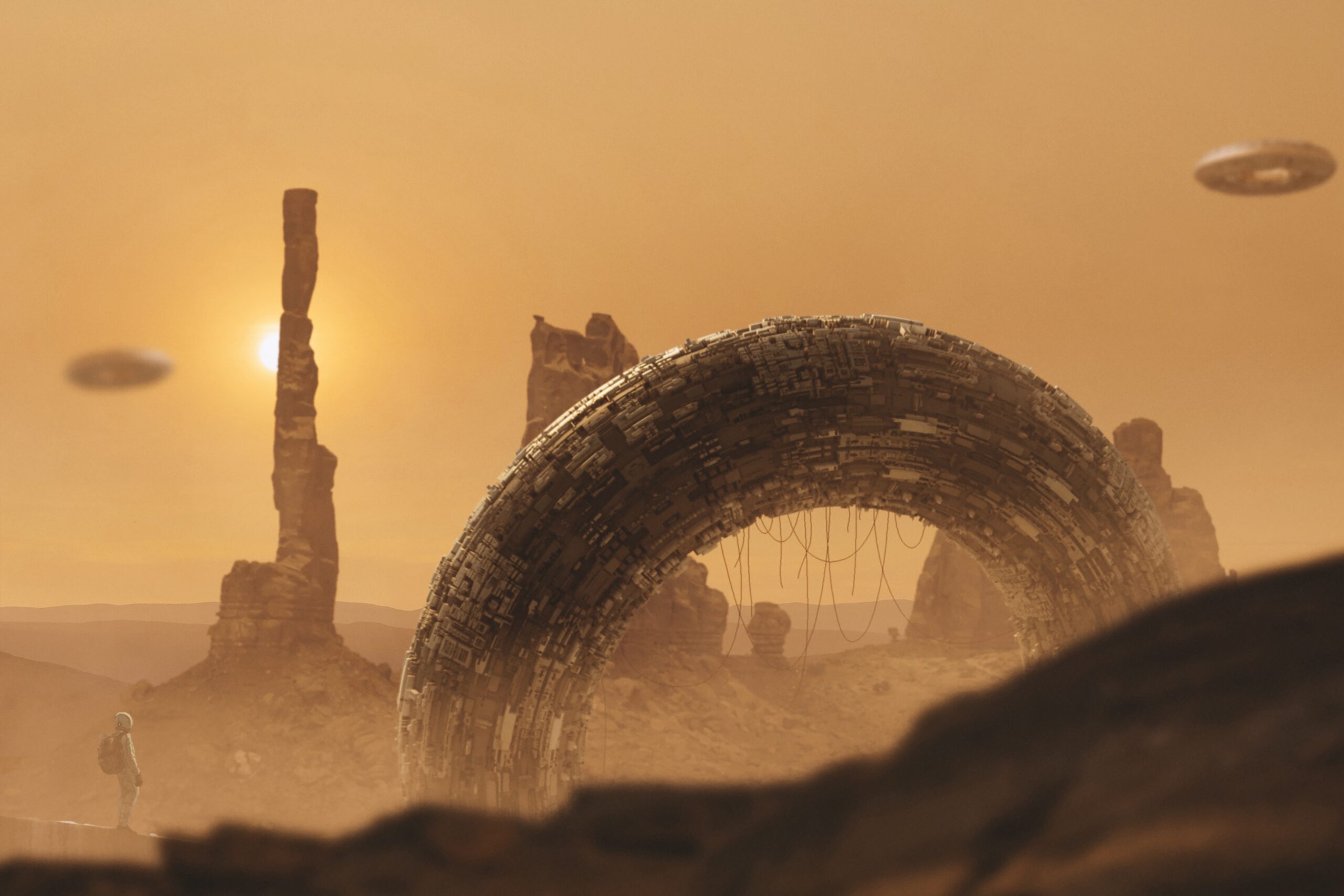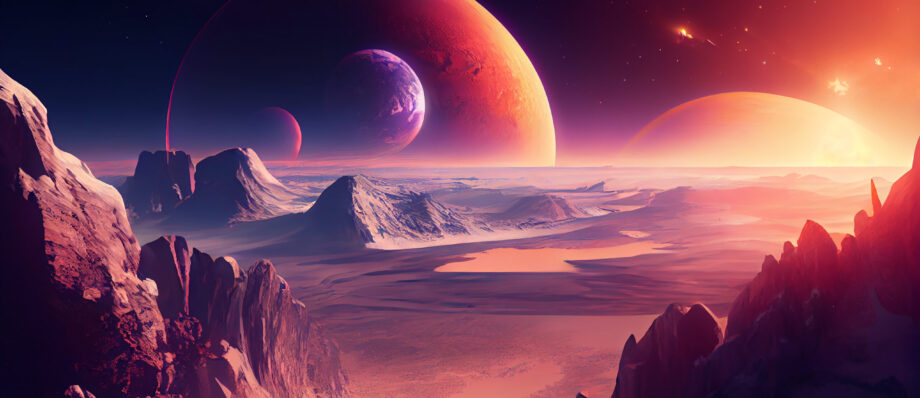Mars Colonization: Can Humans Survive on the Red Planet?

Imagine waking up to a sky tinted orange, your boots crunching over red dust as you step outside your dome-shaped habitat. No birds. No trees. Just endless Martian terrain—and the knowledge that you’re one of the first humans to call Mars “home.” Sounds like science fiction? It’s quickly becoming science fact.
With billionaires like Elon Musk pushing the limits of commercial space travel, and agencies like NASA planning the next big orbital space missions, the question on many minds is: Can humans survive on Mars? Buckle up, because we’re diving into the future of life on the Red Planet—where bold dreams meet brutal realities.
1. Why Mars, and Why Now?
Out of all the celestial bodies in our solar system, Mars is the most Earth-like. It’s not just about its rusty hue or surface landscapes; Mars has seasons, polar ice caps, and even the remains of ancient riverbeds. Plus, it’s relatively “close”—a mere 34 million miles away at its nearest point. (Hey, in space terms, that’s practically next door.)
As Earth grapples with climate change, overpopulation, and finite resources, Mars colonization offers an audacious Plan B. It’s a playground for innovation, a sandbox for survival—and maybe, a second cradle for human civilization.
Thanks to advancements in space tourism and commercial space travel, the vision of sending civilians (not just astronauts) to space is no longer pie in the sky. Companies like SpaceX aim to launch missions to Mars within the next decade. But once we get there, can humans survive on the Red Planet for real?
2. The Big Challenges of Surviving on Mars
Okay, let’s get real. Surviving on the Red Planet isn’t like camping in the desert—it’s like trying to camp in a vacuum, with freezing nights, no breathable air, and a constant risk of death. Fun, right?
a. The Atmosphere Problem
Mars’ atmosphere is 95% carbon dioxide—great for plants, terrible for humans. You can’t breathe it, and it’s super thin—only about 1% the pressure of Earth’s. Without a pressurized suit, your blood would literally boil. Yikes.
b. Radiation Nation
Earth has a magnetic field that protects us from solar and cosmic radiation. Mars? Not so lucky. Radiation levels on Mars are up to 250 times higher than on Earth, which can increase cancer risks and damage human DNA over time.
c. Freezing Temperatures and Dust Storms
Average temperatures on Mars hover around -80°F (-62°C). That’s colder than Antarctica. Plus, massive planet-wide dust storms can last for weeks, reducing solar power and visibility. Martian weather isn’t just unpredictable—it’s unforgiving.
3. How We Might Actually Pull It Off
Don’t lose hope just yet. Ingenious minds are tackling these challenges head-on. Here’s how the first Martian pioneers could carve out a life on this alien world.
a. Building Habitats
Think sci-fi igloos made from Martian soil. Researchers are exploring the use of regolith (Mars dirt) to 3D-print radiation-resistant domes. Others suggest underground habitats in lava tubes for natural shielding.
b. Growing Food
Hydroponics and aeroponics are the MVPs here. Scientists have already grown lettuce, potatoes, and radishes in simulated Martian soil. Add LED grow lights, recycled water, and voila—Martian salad.
c. Oxygen & Water
Water ice exists beneath the surface. Melting it could supply drinking water and be split into hydrogen (for fuel) and oxygen (to breathe). NASA’s MOXIE experiment already generated oxygen from CO₂ on Mars in 2021—a small step, but a huge leap for future colonists.
d. Energy from the Sun
Despite those pesky dust storms, solar panels will be key, along with compact nuclear reactors for backup. Portable, sustainable energy will make or break life on Mars.
4. Ethics, Philosophy, and the Human Spirit
Beyond the tech, there’s a deeper question: Should we colonize Mars?
Some argue we should fix Earth before we leap to other worlds. Others believe Mars colonization is a moral imperative—to ensure humanity’s survival and to fuel our innate curiosity. There’s also the question of planetary protection: are we disturbing a planet that might harbor microbial life?
Then there’s the human factor. Isolation. Distance. Communication delays. No Amazon Prime. Could we handle the psychological toll? Or will space tourism and the future of space tourism spark a new chapter in the human story—where we’re not just Earthlings, but citizens of the solar system?
5. The Future Is Closer Than You Think
If this all sounds far-fetched, remember: Orbital space missions once seemed like fantasy too. In 1969, humans walked on the Moon. In the 2020s, we’re launching civilians into space. By the 2030s or 2040s? Humans might be walking on Martian soil, planting the first seeds—literally and figuratively—of an interplanetary civilization.

Final Thoughts: Mars, Humanity, and the Great Leap Forward
So, can humans survive on Mars? Technically, yes—with massive effort, smart engineering, and global cooperation. Emotionally and ethically? That’s a question each generation will have to answer.
But one thing’s clear: the drive to explore is in our DNA. From crossing oceans to reaching the Moon, we’ve never stopped pushing boundaries. Mars colonization is the next giant leap—and whether you dream of becoming a space tourist, or just want to watch history unfold, the Red Planet is calling.
🚀 What do you think? Should we build a future on Mars—or focus on saving Earth first? Drop your thoughts in the comments below and join the conversation.



